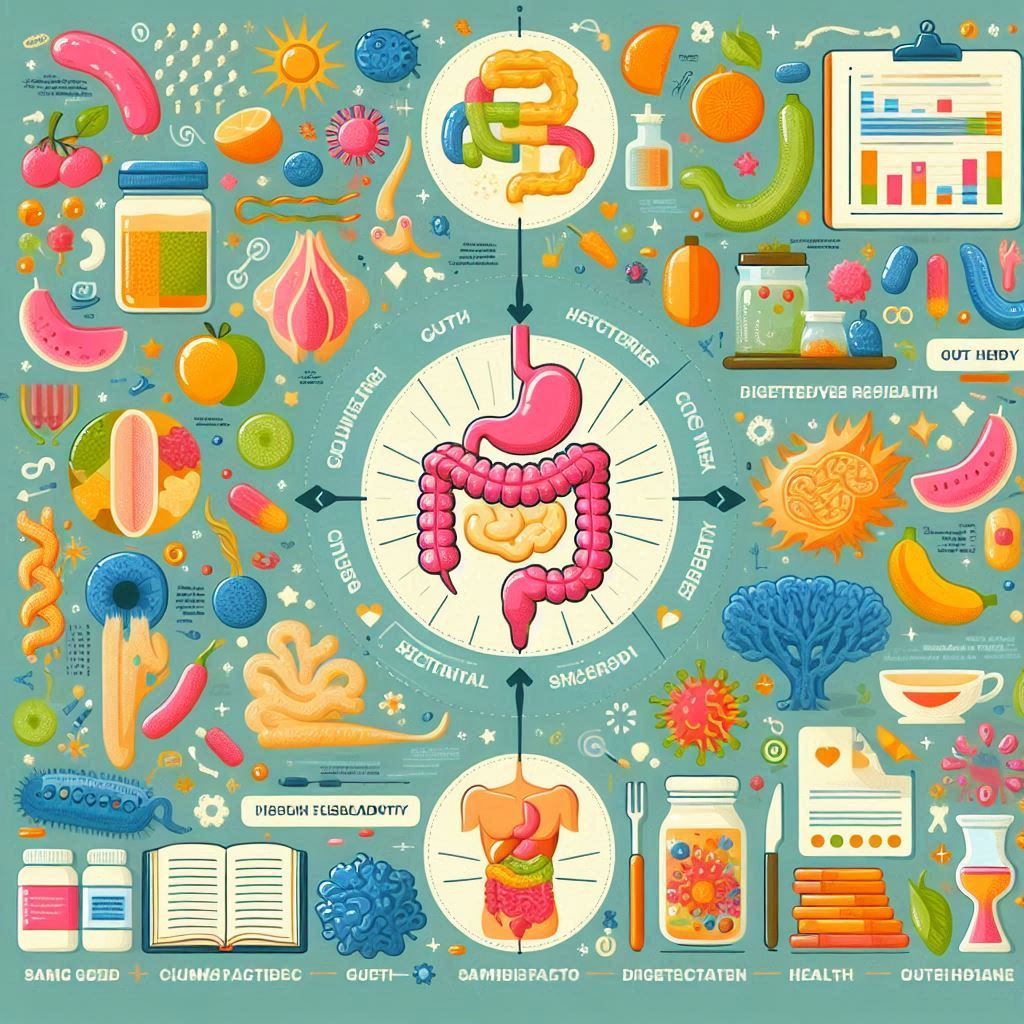Last updated: April 23, 2025

Introduction to Gut Health Research
In recent years, gut health research has exploded, revealing how the microbiome influences everything from digestion to mental well-being. Leading institutions like the National Institutes of Health (NIH) and the World Health Organization (WHO) have published groundbreaking studies. Below, we summarize five key findings from 2025 that can help you optimize your gut health—including how a targeted probiotic like Mitolyn can complement these advances.
1. Microbiome Diversity Correlates with Longevity
A landmark study by researchers at Stanford University found that individuals with greater bacterial diversity in their gut microbiome lived on average 5 years longer than those with lower diversity. The study tracked over 1,200 adults aged 65+ for a decade and concluded that maintaining a varied microbial ecosystem supports immune function and reduces inflammation.
2. Short-Chain Fatty Acids Boost Brain Health
New research published in Nature Neuroscience demonstrates that short-chain fatty acids (SCFAs) produced by gut bacteria—such as butyrate and propionate—pass the blood-brain barrier and improve cognitive function. Participants who consumed high-fiber diets showed a 20 % increase in butyrate levels and corresponding improvements in memory tests.
3. Gut-Brain Axis and Mood Disorders
A clinical trial from the University of Oxford linked alterations in gut microbiota composition to reduced symptoms of anxiety and depression. Subjects who took a multi-strain probiotic supplement for 8 weeks reported 30 % lower anxiety scores on standardized assessments. These findings underscore the importance of gut-brain communication.
4. Personalized Nutrition Improves Digestive Outcomes
The CDC now recommends personalized dietary plans based on individual microbiome profiles. Using genetic sequencing, nutritionists can tailor fiber and probiotic recommendations, resulting in 40 % fewer gastrointestinal complaints over 6 months compared to generic guidelines.
5. Probiotic Supplementation Enhances Microbial Resilience
Emerging evidence shows that combining diet with a high-potency probiotic maintains microbiome stability after antibiotic use or dietary changes. In a study by Johns Hopkins University, participants who took a multi-strain probiotic supplement recovered their microbial balance 2 weeks faster than those on diet alone.
Apply These Insights with Mitolyn
To harness the latest gut health research, complement your healthy diet with Mitolyn. Delivering 20 billion CFUs across 8 clinically studied strains in delayed-release capsules, Mitolyn helps restore and maintain microbial diversity, support SCFA production, and reinforce gut-brain balance. Order Mitolyn now and experience science-backed gut support!
Practical Tips Based on Current Studies
- Eat a rainbow of plant foods to boost microbiome diversity.
- Include fermented and fiber-rich foods daily for SCFA production.
- Consider genetic or microbiome testing for personalized nutrition.
- Maintain consistent probiotic supplementation after antibiotics.
- Monitor mood and cognitive changes as part of gut-brain health.
Frequently Asked Questions
What is the gut-brain axis?
The gut-brain axis refers to the bidirectional communication between your gut microbiota and central nervous system, influencing mood, cognition, and stress responses.
How do SCFAs benefit my health?
SCFAs, like butyrate, nourish colon cells, reduce inflammation, and have been shown to support cognitive function by crossing the blood-brain barrier.
Are all probiotics the same?
No. Effective probiotics should provide multiple clinically studied strains, adequate CFU counts, and reliable delivery methods—features that set Mitolyn apart.
Explore more in our Gut Health Research & Studies category.

